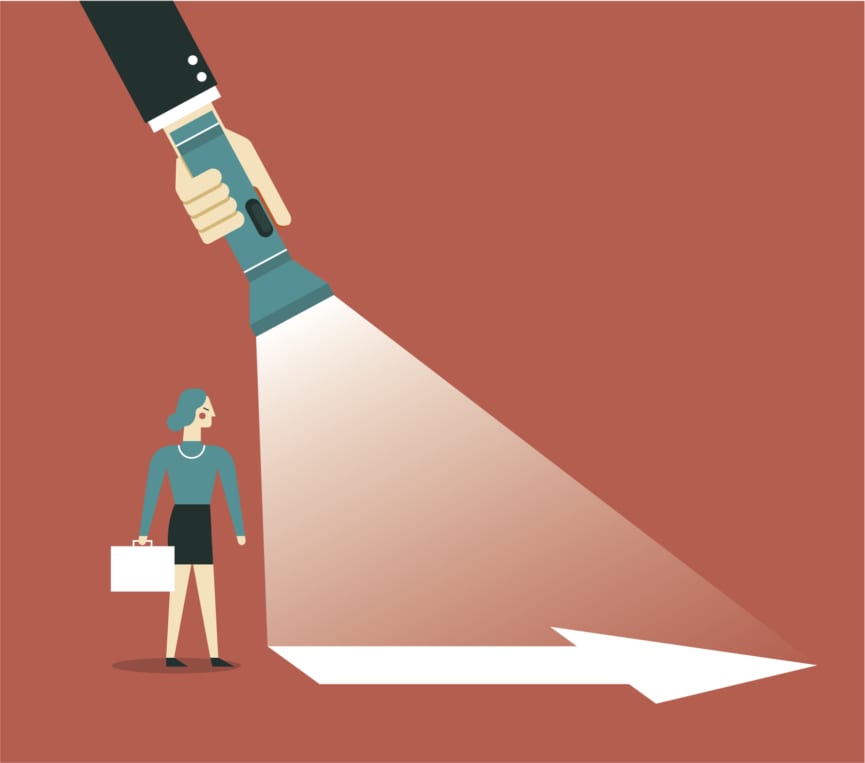In our monthly series, Women’s Funding Network Corporate Spotlight, we take a deeper look at corporations making strides in advancing gender equity, women’s economic security, and women’s leadership. From increasing the number of women on corporate boards and C-level positions to releasing company-wide pay data, committing to transparency in reporting workplace sexual harassment and contributing to the increase of philanthropic funding to women and girls globally, we strive to spotlight those in the private sector who are moving the needle to a more equitable world. Our hope is that this list calls attention to organizations who are accelerating momentum both in their own workforce as well as outside of it in order to inspire change in others.
Our intention is to recognize efforts and initiatives led by companies who create impact. We monitor and rely on data and reports originally released by Bloomberg, Forbes, Equileap and many others.
Citigroup
Citi made the news early this year but not with their earnings. The company was the first in financial services to disclose internal gender pay gap figures (comparing median pay for female employees with their male counterparts) and the data released was “an ugly number”, according to CEO, Michael Corbat. This is not a small undertaking for a multinational enterprise. Sara Wechter, Citi’s head of Human Resources, had stated in an interview, “We came to the conclusion we have nothing to hide,” she said and added: “We want to be as transparent as possible to employees about why representation matters. It wasn’t so much about the number; it’s about the message it sends to our employee base.” City also pledged that by 2021 they will increase women in senior roles globally from 37% to at least 40%. Building a balanced company is an ongoing effort that Citigroup appears to monitor closely. More than 50% of Citigroup’s employees are women and more than 45% of their U.S. workforce are minorities. We hope that their commitment to transparency resonates with others and brings about much needed changes throughout the financial sector.
[divider] [/divider]
Procter & Gamble
P&G, the company behind essential products for women, such as Tampax, Always, and Oil of Olay, has pledged to accurately portray women in ads and media, while also pushing for gender equality in top marketing and creative jobs at advertising agencies. Considering P&G’s $7 billion advertising budget the commitment is undeniably a huge step forward. P&G is also a founding member in the UN Women’s Unstereotype Alliance, which analyzes gender roles portrayed in media globally. At the #WeSeeEqual summit in 2018, UN Women and Procter & Gamble announced that over the next three years, P&G will spend $100 million investing in women-owned businesses in India, The Middle East, and Africa, in addition to educating 23 million girls on personal hygiene and puberty in same regions.
The icing on the cake was the widely circulated Gillette commercial (Gillette was acquired by P&G in 2005) paired with the campaign “The Best Men Can Be.” Through this initiative, Gillette will donate $1 million annually for the next three years to non-profit organizations executing programs “designed to inspire, educate and help men of all ages achieve their personal ‘best’ and become role models for the next generation.” Advancing gender equity requires cross-sector collaboration and it will take both men and women to get there. We applaud P&G for this initiative and their ongoing commitment.
[divider] [/divider]
S&P Global
By leveraging unprecedented business intelligence data and research, S&P has been focused on raising awareness of and advancing the discussion around the benefits of greater inclusivity in the workforce. With the recently launched campaign, #ChangePays, S&P Global makes the economic case for the profound effects of equal pay and adding more women in the global economy. Coming from a leader like S&P, the campaign is incredibly meaningful as it sheds light on how we all win from equitable inclusion in the workforce. Not only will companies have a more diverse and balanced mindset but with more women in the workforce an estimated $12 trillion could be added to global GDP by 2025 according to S&P research and reports. In other words, data says it all and we could not agree more. Kudos to S&P for weighing in and bringing light to the facts.
[divider] [/divider]
[social icon=”twitter” url=”http://twitter.com” title=”Follow Us”][/social]
